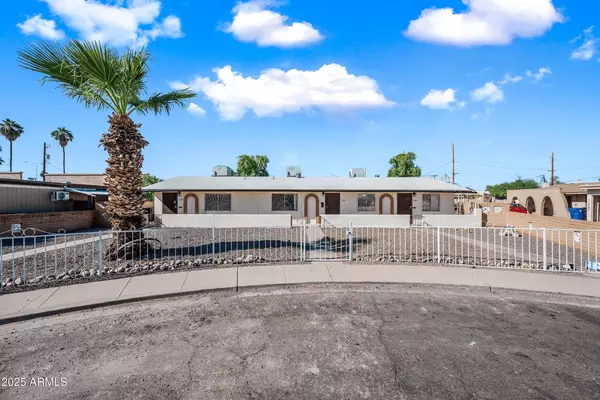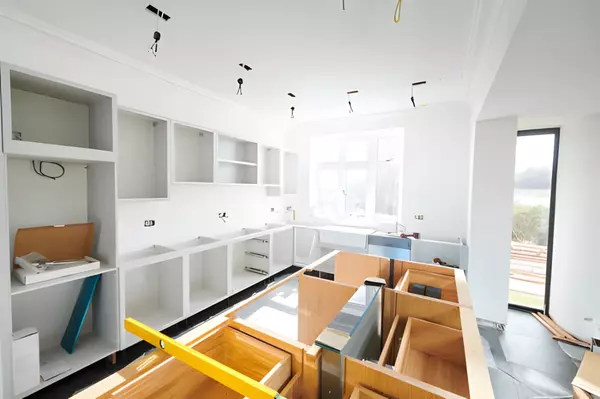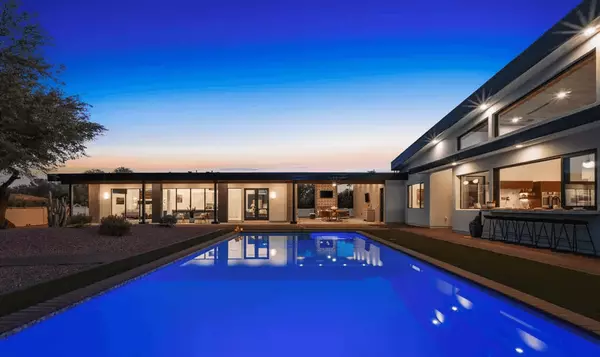
1138 N Dresden Circle, Mesa AZ: A Peaceful Cul-de-Sac Gem in One of Mesa’s Most Desirable Neighborhoods
Nestled in one of Northeast Mesa’s most peaceful enclaves, 1138 N Dresden Circle offers a perfect combination of space, comfort, location, and convenience. Tucked into a quiet cul-de-sac and surrounded by beautiful homes, this property is ideal for anyone seeking a tranquil but accessible Mesa lifes

What Out-of-State Buyers Want in Scottsdale & Paradise Valley Homes
Over the last few years, Scottsdale and Paradise Valley have become prime destinations for out-of-state luxury buyers — particularly from California, Washington, Illinois, and Texas. Drawn by Arizona’s tax advantages, stunning desert landscapes, and year-round sunshine, many are trading coastal cong

Top Home Improvements That Boost Resale Value in Scottsdale’s Luxury Market
In Scottsdale’s fast-evolving luxury market, buyers aren’t just looking for square footage — they’re seeking value-driven design. Every improvement matters, but only a few upgrades truly deliver strong returns when it’s time to sell. Whether you’re preparing to list soon or simply investing in long-
Categories
Recent Posts










REVIEWS
READY TO HELP

![<!-- Google Tag Manager --> (function(w,d,s,l,i){w[l]=w[l]||[];w[l].push({'gtm.start': new Date().getTime(),event:'gtm.js'});var f=d.getElementsByTagName(s)[0], j=d.createElement(s),dl=l!='dataLayer'?'&l='+l:'';j.async=true;j.src= 'https://www.googletagmanager.com/gtm.js?id='+i+dl;f.parentNode.insertBefore(j,f); })(window,document,'script','dataLayer','GTM-N8PTZ44Q'); <!-- End Google Tag Manager -->](https://cdn.chime.me/image/fs/cmsbuild/2024918/4/h200_original_619820ef-263f-4d9e-8cd0-07c176c9cd28-png.webp)
